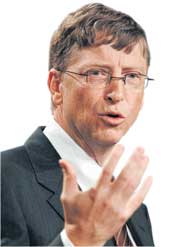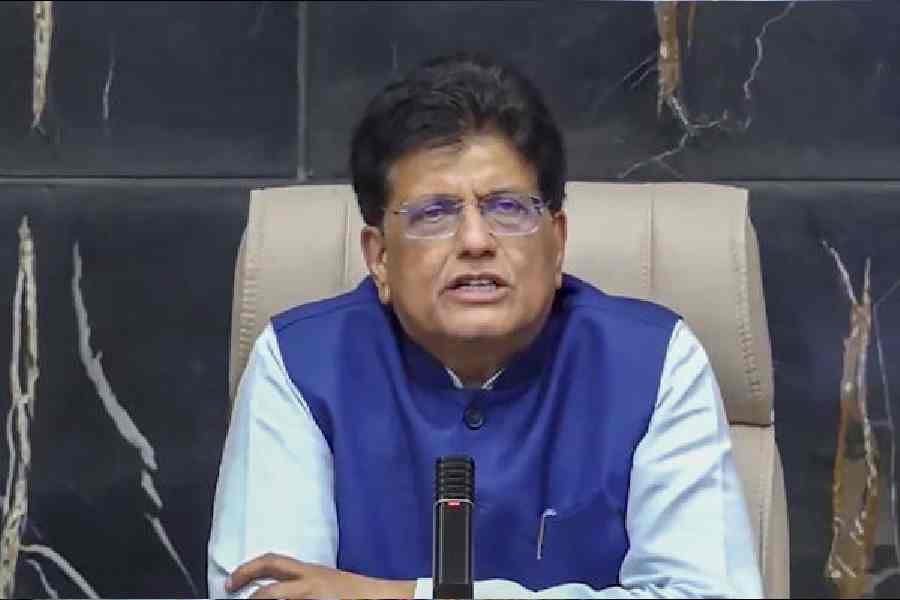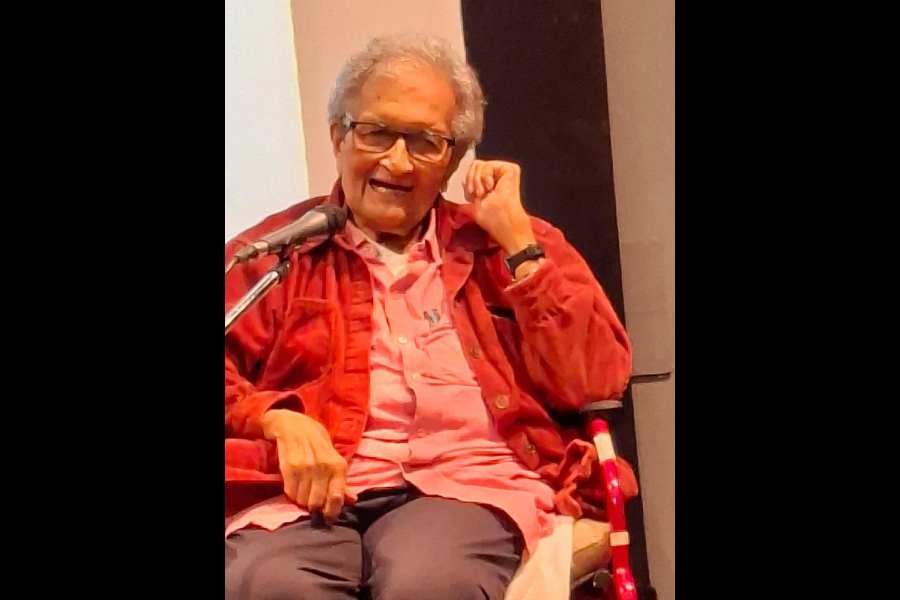 |
| Bill Gates |
| College dropouts |
 |
| Steve Jobs |
 |
| Ted Turner |
 |
| Steve Ballmer |
 |
| Larry Ellison |
 |
| Michael Dell |
 |
| Richard Branson |
It is an accepted fact of life that coaching classes have reduced a generation of IITians to an army of crammers. It is also recognised that such people never make it far in life –– the topper-as-failure is part of HR lore. (All toppers are not failures; it is only the crammer-topper combine that doesn’t work.)
On the other hand, you have a galaxy of school and college dropouts who have been very successful in life. The members of this tribe include Bill Gates of Microsoft (until recently the world’s richest man). The Indians on the list include professionals of the likes of Securities & Exchange Board of India (SEBI) chairman M. Damodaran, who studied for a while at the Indian Institute of Technology (IIT) before deciding to quit because it was not his cup of tea (he, however, has a graduate degree).
So does a college degree or a good academic record matter in an individual’s professional life? Does Oxbridge or the Ivy League (with apologies to all those who contend that they don’t give you any education, but are simply old boys’ clubs and network channels) equip you better for the job market? Does an Indian Institute of Management tag mean that you can strategise better than a trader’s son from Tinsukia?
“The first issue to be disposed of when you are asking such questions is the sort of job you are talking about,” says P. Mukerji, a Mumbai-based HR practitioner. “If you are inheriting your papa’s property — whether it is a rundown workshop or the country’s largest company — it doesn’t remotely matter what letters you can attach to your name. The degrees count when you are a professional approaching the job market.”
Mukerji is a bit of a cynic when he considers the sort of education doled out in even the best of institutes, be it Indian or foreign. “These institutes simply act as sieves,” he says. “When you hire someone from IIT, you know he or she has passed through one tough entrance exam. When you hire someone from IIT and IIM, you can be doubly sure for the same reason.”
But, as you progress in life, where you started from becomes increasingly irrelevant. In fact, there is a sort of reverse snobbery about it. Talk to a tech success in the US, and he will take great pride in telling you that he comes from the boondocks in Bihar. If he happens to have done his schooling from a top-notch institution in Calcutta or Mumbai, he keeps quiet about it. Like Dick Whittington, the longer the distance you travel, the more you can boast about it.
There is a difference, however, in the degrees or qualifications you acquire after you have taken up a job. Refresher courses always work better because you have a clearer picture of what you need to help you in your career. This is also the reason that many top institutes, for instance the Indian School of Business, Hyderabad, prefer students with considerable job experience.
“After about five years, it no longer matters where you acquired your academic qualifications from. What counts is how you have done on the job,” says Mukerji. However, there are some exceptions. One, the networks you have built in college can be leveraged. The college networks of alumni of the Backwaters Institute of Management exist, but they don’t extend so far or so deep. Secondly, several institutions — though their numbers have come down — prefer the old school tie and elite college background. In such places, your degree acts as a talisman even decades into your job.
There is one more time your college degree may come into play: when you are out of a job and need to send your CVs. But if you are in such a situation, there must be a bigger problem somewhere. It may be a heartless thing to say, but the cannon fodder of corporate life normally have themselves to blame for being in the firing line.
School dropouts
Albert Einstein
Henry Ford
The Wright Brothers
Thomas Edison










